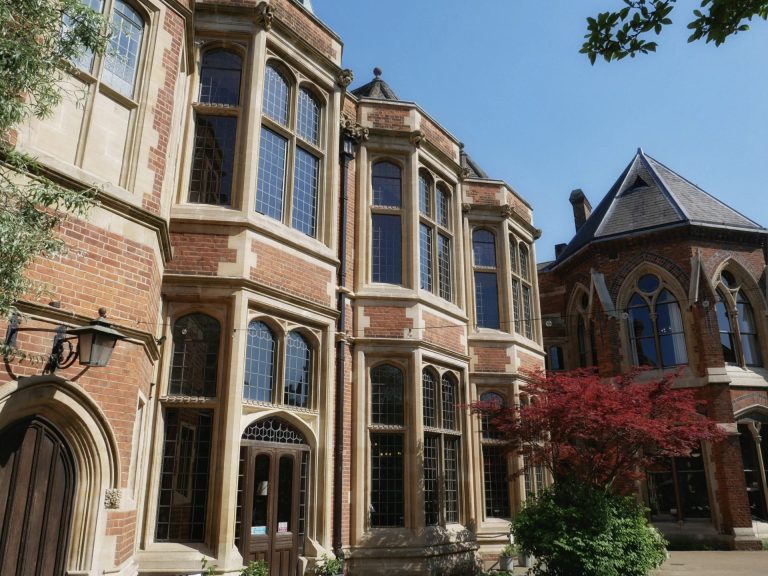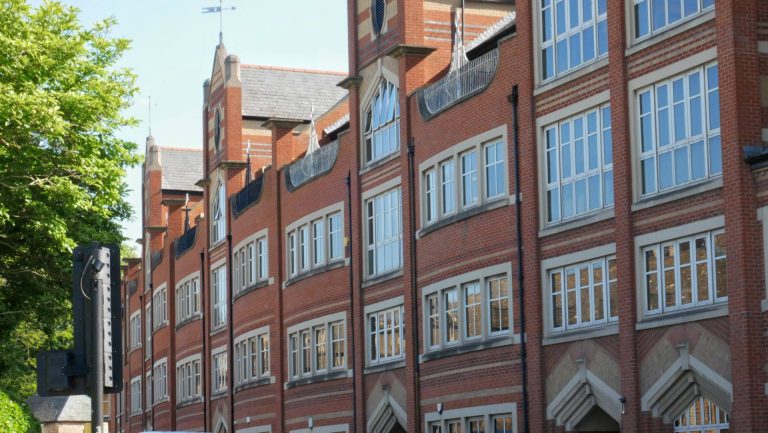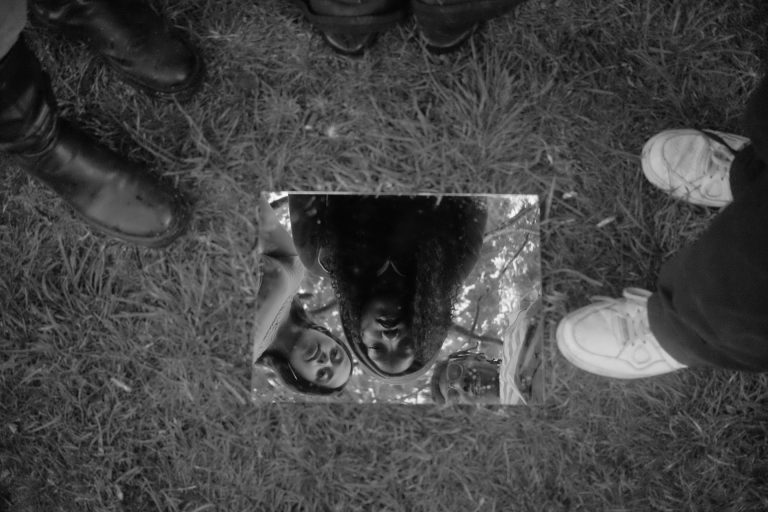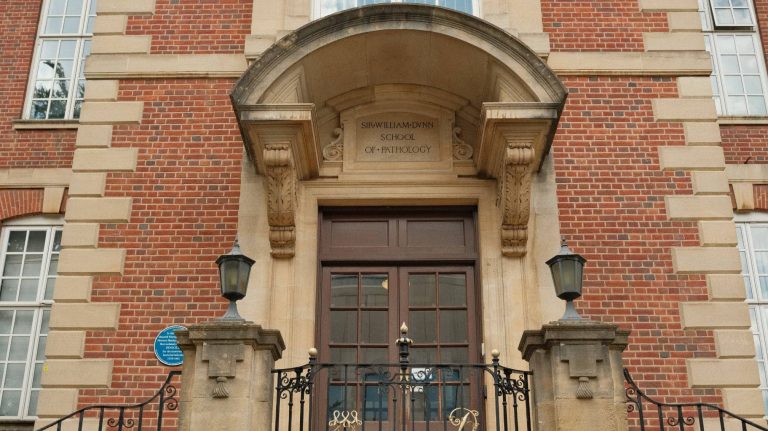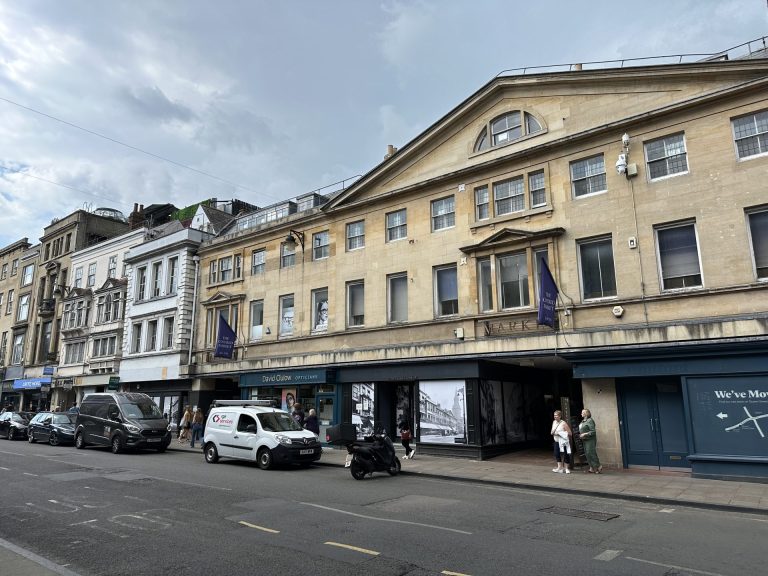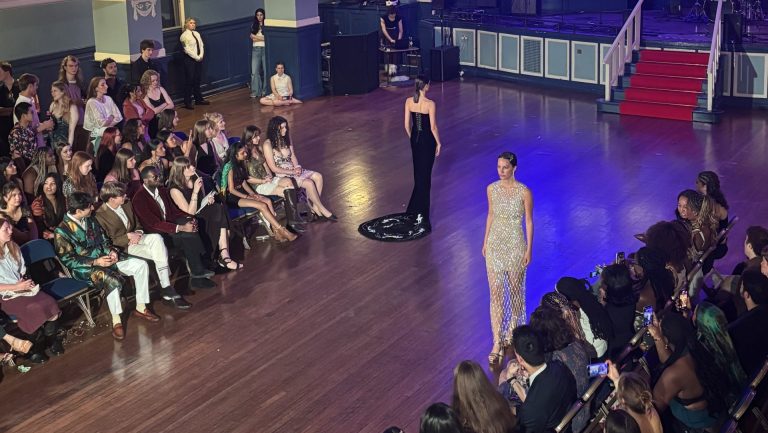As of Sunday morning, the encampment has since disbanded, having relocated to the Angel and Greyhound Meadow. Fences have been constructed around Magdalen College, with students being advised to “continue to be vigilant around College” via an email from the bursar.
An Oxford Against Genocide (OAG) encampment has been established outside Magdalen College this evening, after a march which began at Manzil Way at 6.30pm. Cherwell understands that, according to a statement on Instagram, OAG is a “new collective… dedicated to Palestinian liberation through action-driven means”.
The group, of around 100 protestors, blocked one side of Cowley Road as they moved over Magdalen Bridge towards the college, where tents have now been established on the lawn to the left of the porter’s lodge. Tents were set up and flags, including one of the Republic of Ireland, were draped over walls around the college. Some spoke through a megaphone to attendees, and chants condemned the actions of the prime minister, Sir Keir Starmer.
Protestors appeared to be part of a coalition of organisations, which included national organisations such as Socialist Worker and Friends of Al-Aqsa. OA4P was not affiliated with this action, but acknowledged “shared goals and urgency” in a statement to Cherwell. A senior OAG representative, who preferred not to be named, said that there were “slightly different aims” between the two organisations, but “no bad blood”. Several individuals at OAG’s action today have been involved with OA4P actions in the past.
One protestor told Cherwell: “We cannot sit around; we need to put pressure on Oxford University and the government”. Another said that “Keir Starmer has taken a side”.
At around 8pm, many of the protestors left, leaving a core group which remained present at the encampment on Magdalen property. Reporters from Cherwell were advised by police not to enter the lawn itself, due to the risk of being considered aggravated trespassers.
When asked why the protestors had chosen a space outside Magdalen specifically, OAG cited controversial plans for a bridge which is planned in Grandpont Nature Park. They alleged to Cherwell that Magdalen and Oxford City Council had diverted funds intended to help alleviate the housing crisis among vulnerable people towards the construction of this bridge, and that “ all it does is make it easier for researchers to go to their place of work”.
They also alleged the College had not responded to some Freedom of Information requests from Oxford Boycott, Divestment and Sanctions (BDS) Coalition about colleges’ support for Israel.
Finally, they noted the strategic alliance between the University and the Ellison Institute of Technology. The Institute has an increasing presence in Oxford Science Park, which is part-owned by Magdalen. Larry Ellison, founder of the Institute, is an outspoken supporter of Israel.
Cherwell also understands that gates around University College have been closed early tonight, barring the main lodge entrance. This is according to an email sent to all Univ students, which cited “external reasons” for the closure. The side gate of Magdalen College was also chained up by porters soon after the protestors arrived.
OAG’s representative told Cherwell: “We’re gonna [sic] be here until it’s physically impossible to be here, or until the University agrees to meet our demands”.
Oxford University and Magdalen College have been contacted for comment.
Laurence Cooke, Amelia Gibbins, Arina Makarina, Phoebe Davies, Stan Smith, and Noah Robson contributed to reporting.



